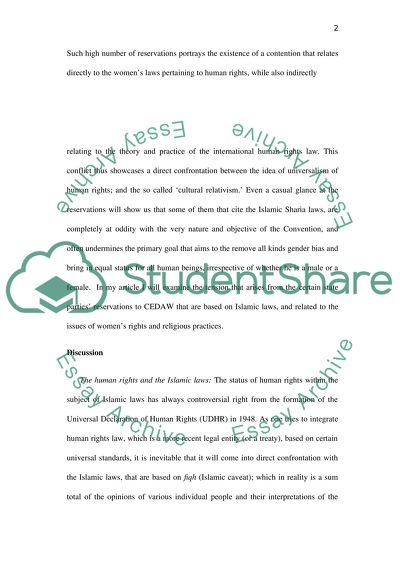Cite this document
(“International Human Rights and Islamic Law Essay”, n.d.)
Retrieved from https://studentshare.org/environmental-studies/1405189-international-human-rights-and-islamic-law
Retrieved from https://studentshare.org/environmental-studies/1405189-international-human-rights-and-islamic-law
(International Human Rights and Islamic Law Essay)
https://studentshare.org/environmental-studies/1405189-international-human-rights-and-islamic-law.
https://studentshare.org/environmental-studies/1405189-international-human-rights-and-islamic-law.
“International Human Rights and Islamic Law Essay”, n.d. https://studentshare.org/environmental-studies/1405189-international-human-rights-and-islamic-law.


